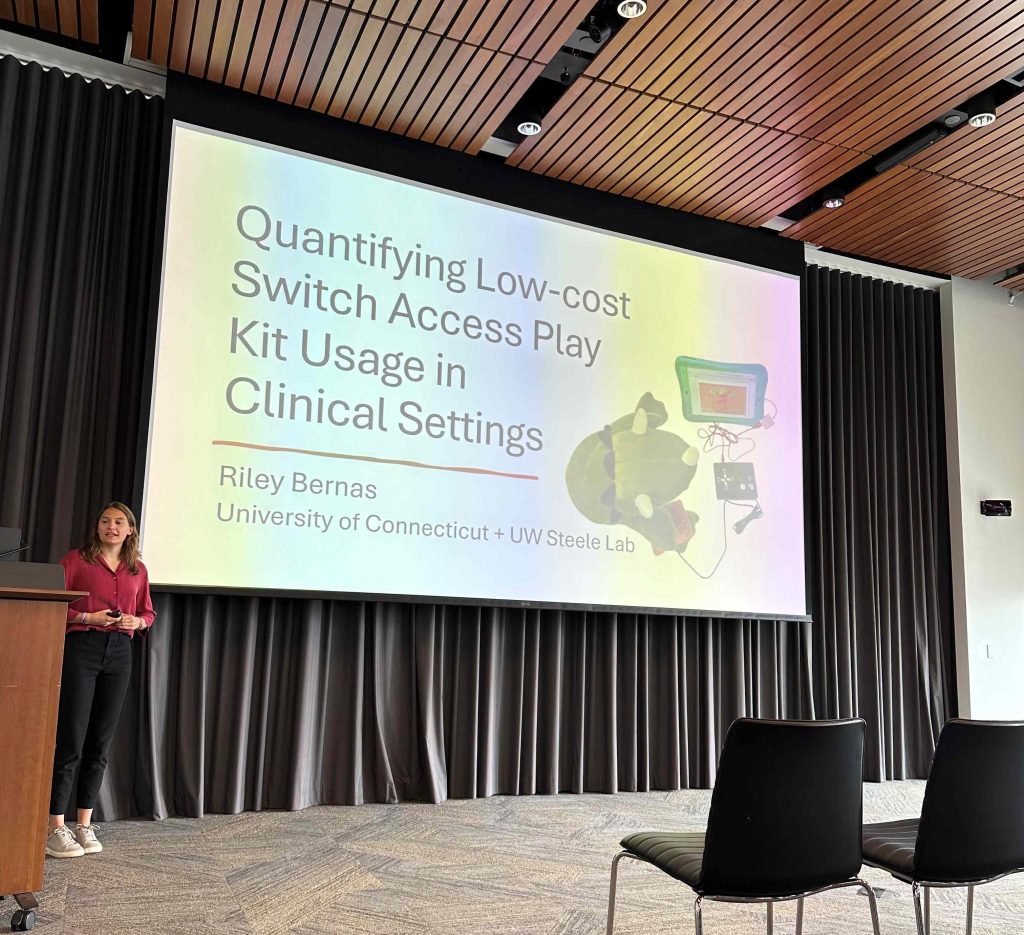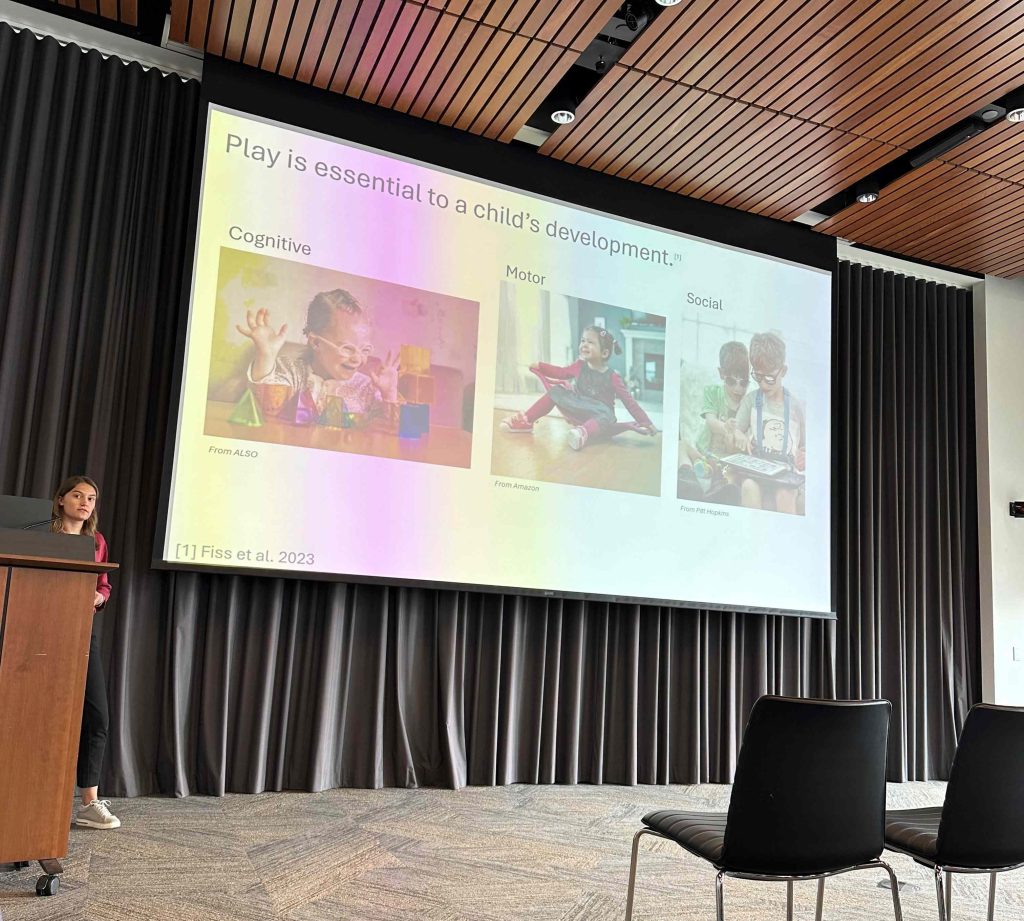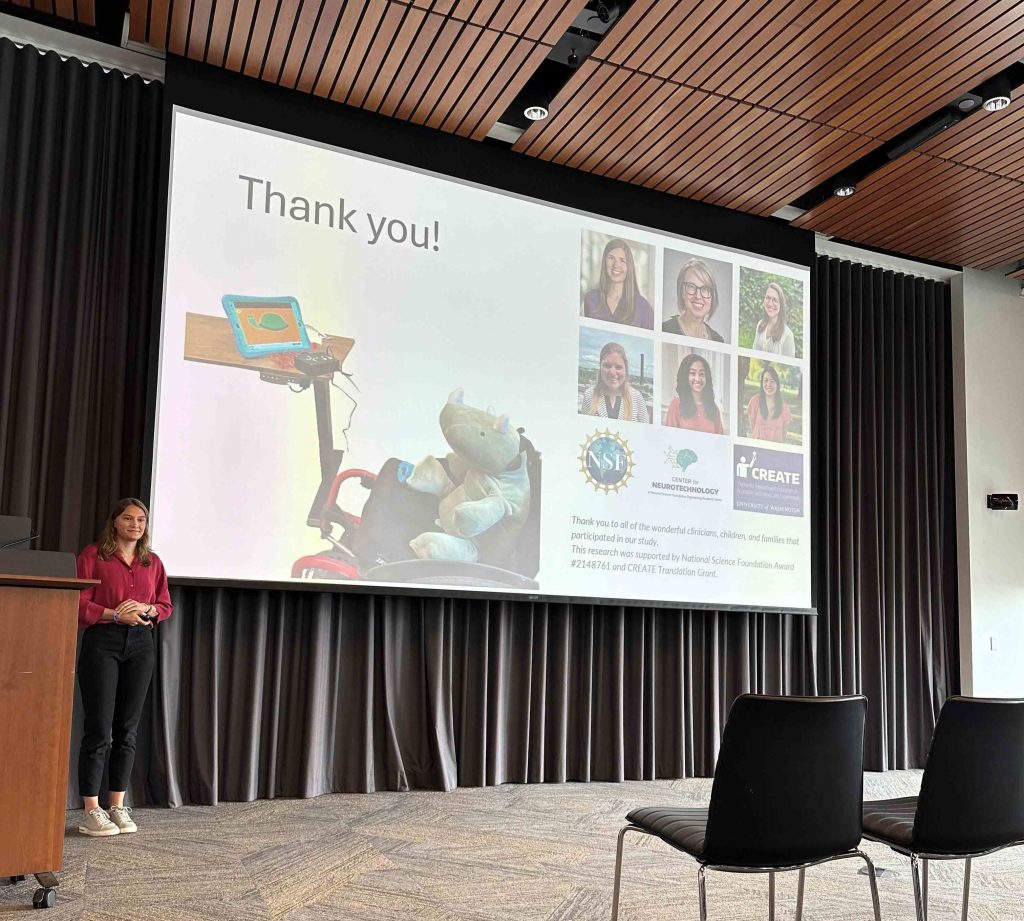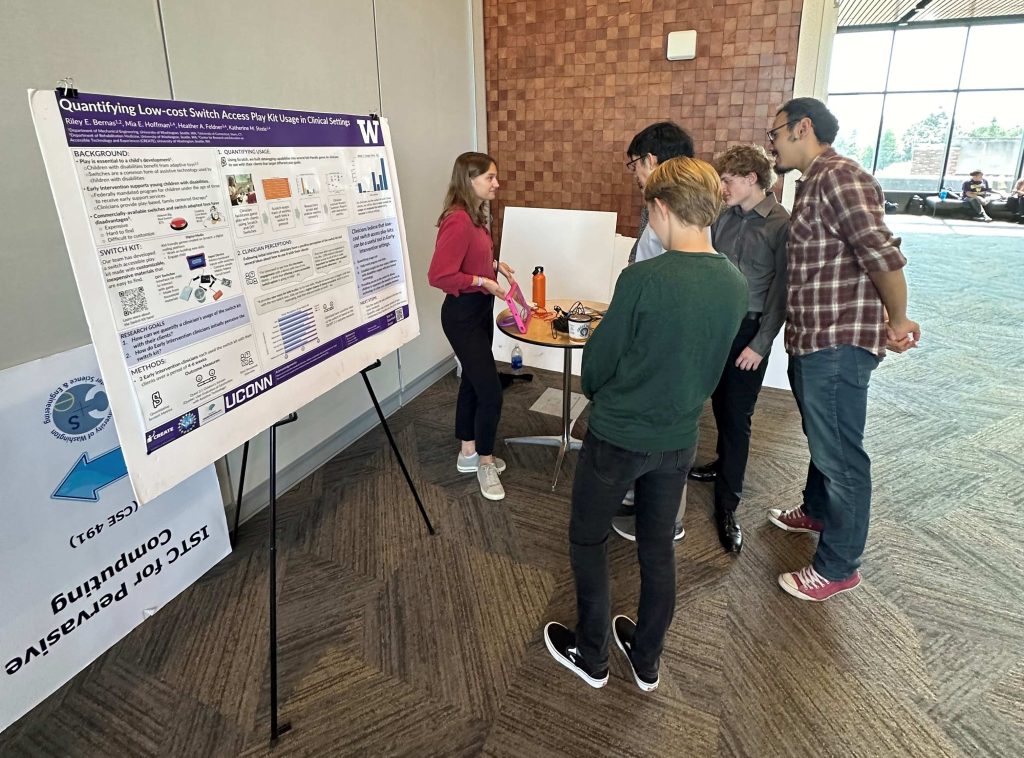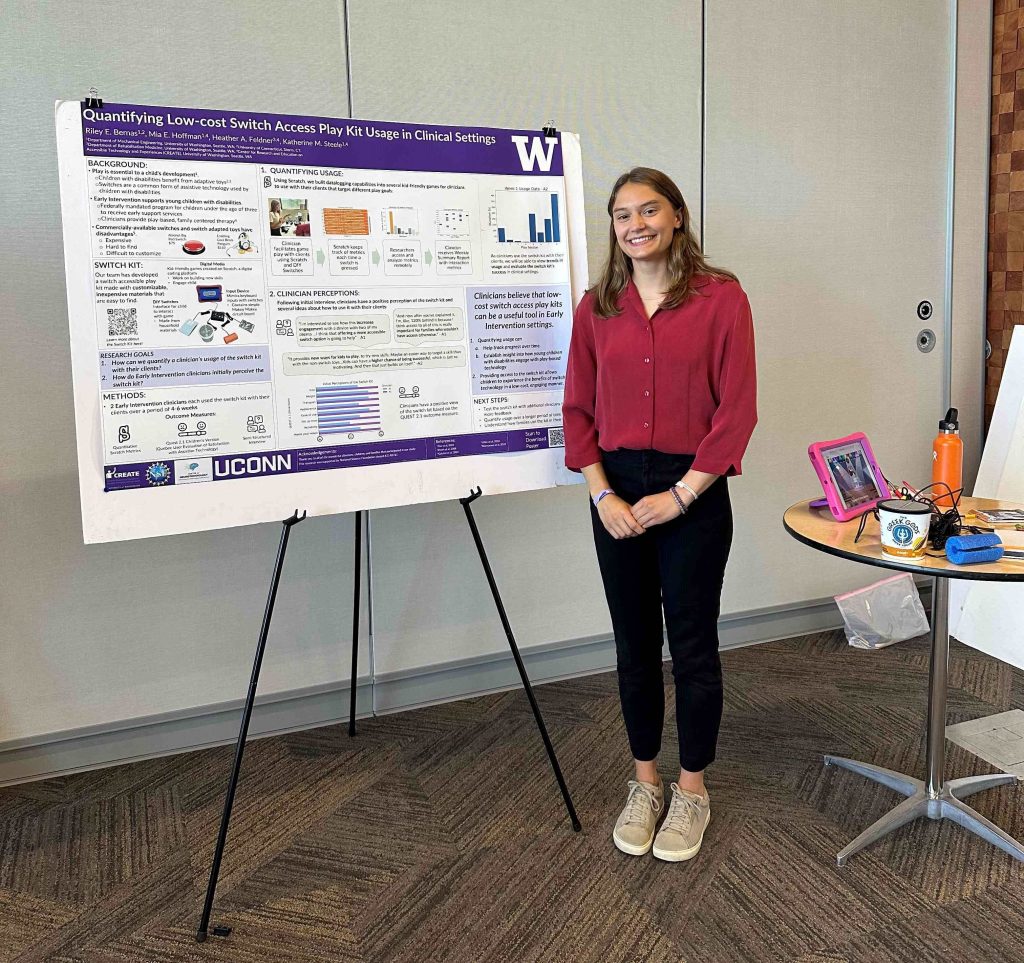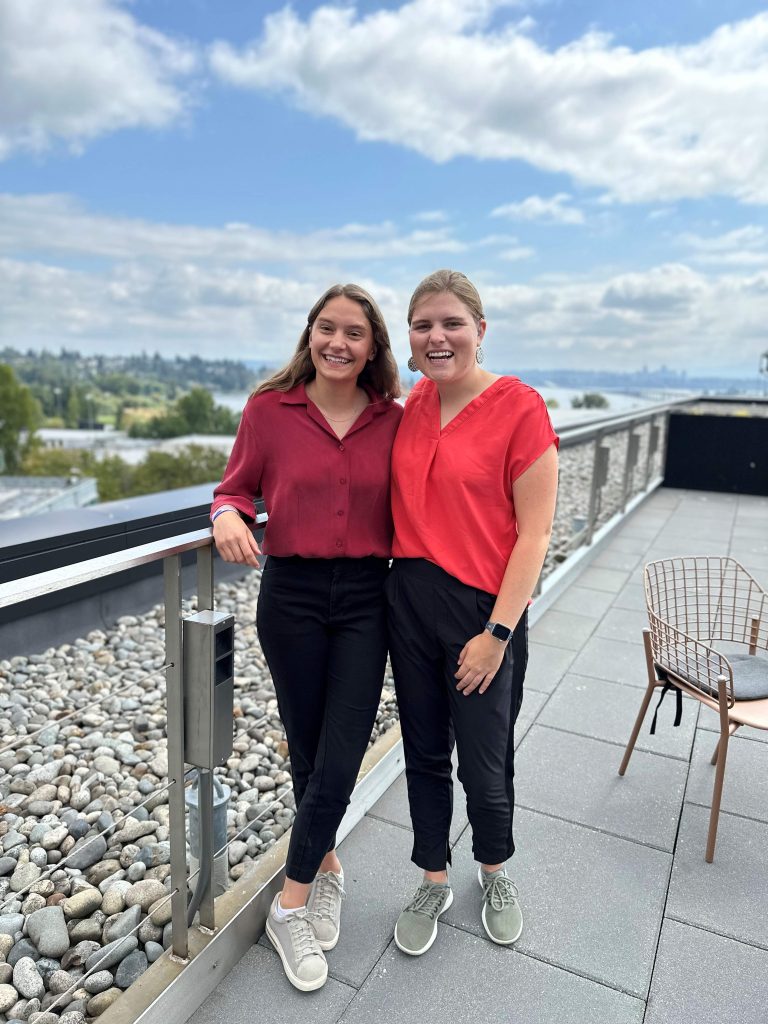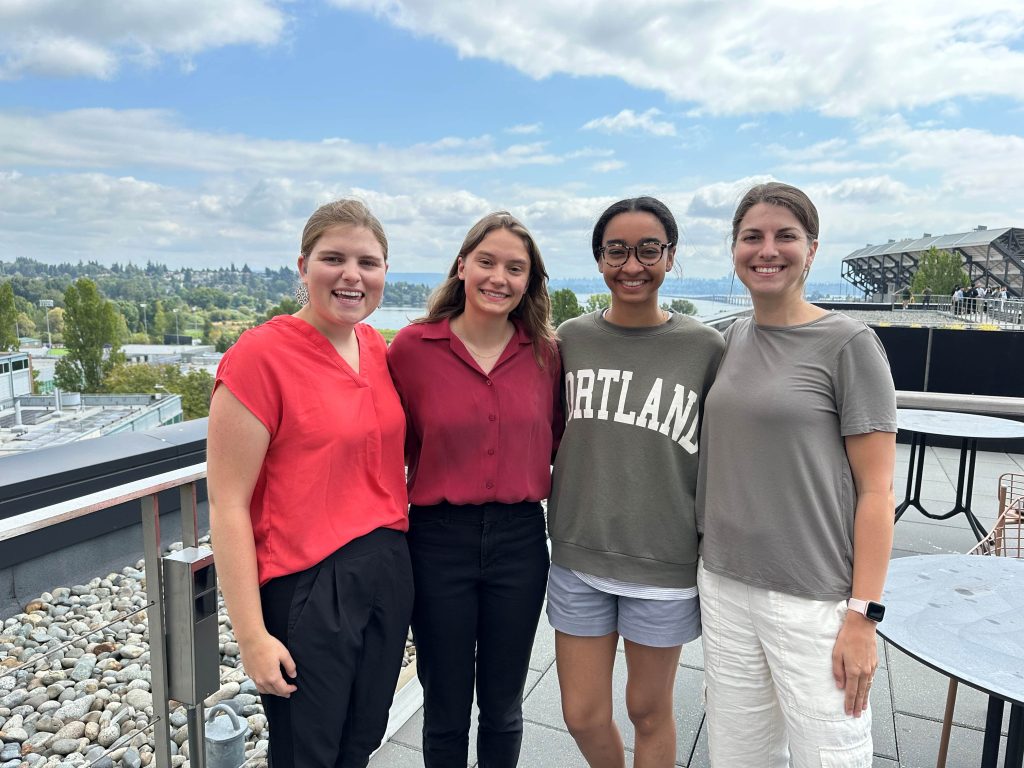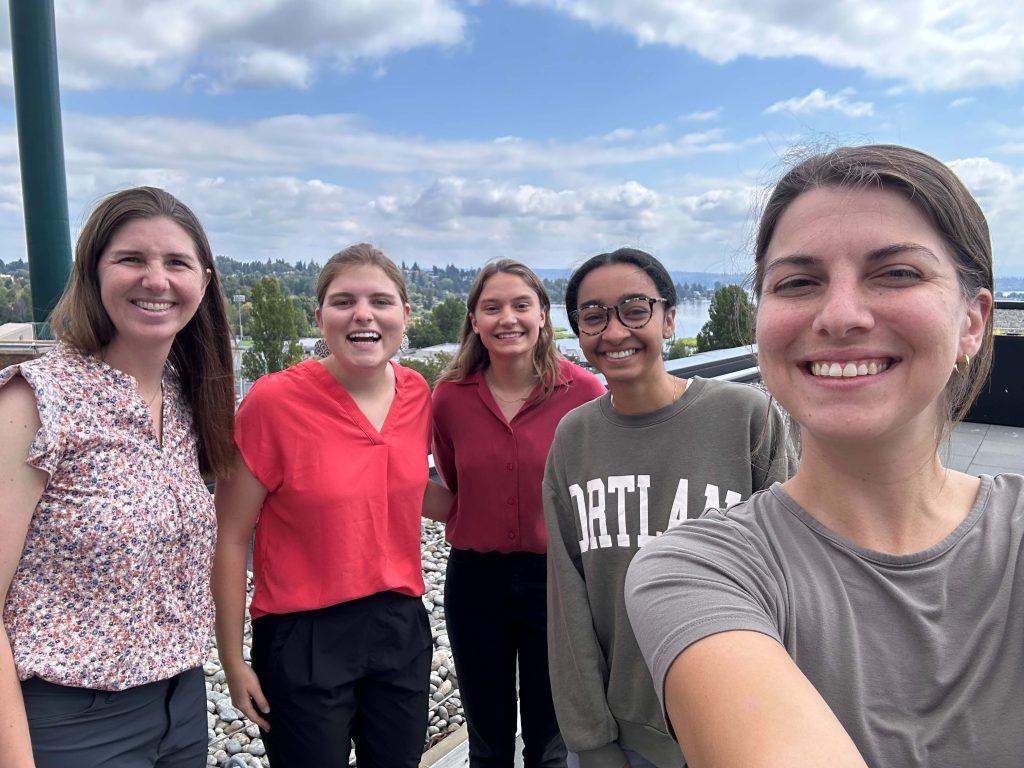Journal Article in Journal of Biomechanics
Quantifying individualized rehabilitation responses and optimizing therapy for each person is challenging. For interventions like treadmill training, there are multiple parameters, such as speed or incline, that can be adjusted throughout sessions.
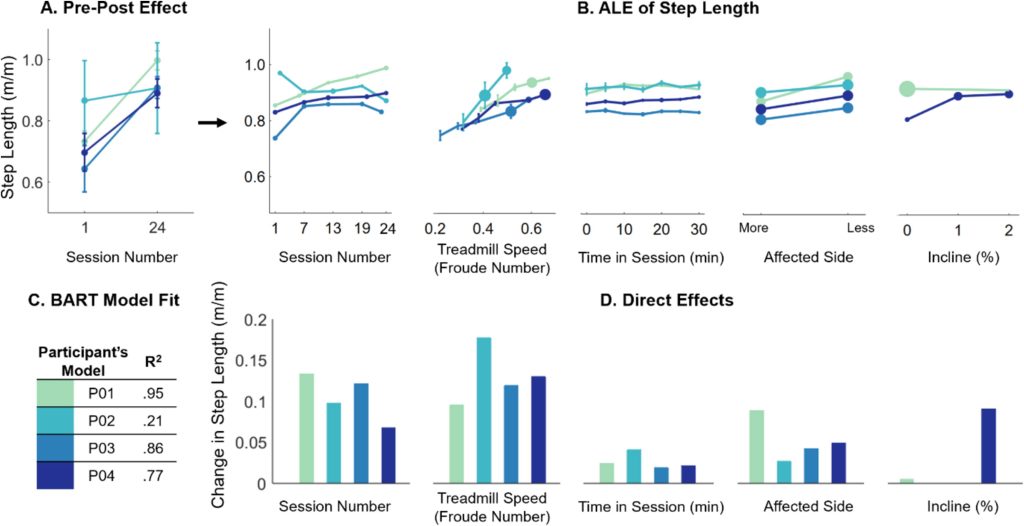 Aim: This study evaluates if causal modeling and Bayesian Additive Regression Trees (BART) can be used to accurately track the direct effects of treadmill training on gait.
Aim: This study evaluates if causal modeling and Bayesian Additive Regression Trees (BART) can be used to accurately track the direct effects of treadmill training on gait.
Methods: We developed a Directed Acyclic Graph (DAG) to specify the assumed relationship between training input parameters and spatiotemporal outcomes during Short Burst Locomotor Treadmill Training (SBLTT), a therapy designed specifically for children with cerebral palsy (CP). We evaluated outcomes after 24 sessions of SBLTT for simulated datasets of 150 virtual participants and experimental data from four children with CP, ages 4–13 years old. Individual BART models were created from treadmill data of each step.
Results: Simulated datasets demonstrated that BART could accurately identify specified responses to training, including strong correlations for step length progression (R2 = 0.73) and plateaus (R2 = 0.87). Model fit was stronger for participants with less step-to-step variability but did not impact model accuracy. For experimental data, participants’ step lengths increased by 26 ± 13 % after 24 sessions. Using BART to control for speed or incline, we found that step length increased for three participants (direct effect: 13.5 ± 4.5 %), while one participant decreased step length (−11.6 %). SBLTT had minimal effects on step length asymmetry and step width.
Interpretation: Tools such as BART can leverage step-by-step data collected during training for researchers and clinicians to monitor progression, optimize rehabilitation protocols, and inform the causal mechanisms driving individual responses.
KA Ingraham, HA Feldner, KM Steele (2024) “An Instrumented ‘Explorer Mini’ for Quantitative Analysis of Toddlers Using Powered Mobility for Exploratory, Mobile, and Digital Play”
Journal Article in the 10th IEEE RAS EMBS Intl. Conference on Biomedical Robotics and Biomechatronics (BioRob).
For toddlers with disabilities, assistive technologies can enable developmentally appropriate exploration, play, and participation, but little is known about how children interact with accessible interfaces, such as joysticks.
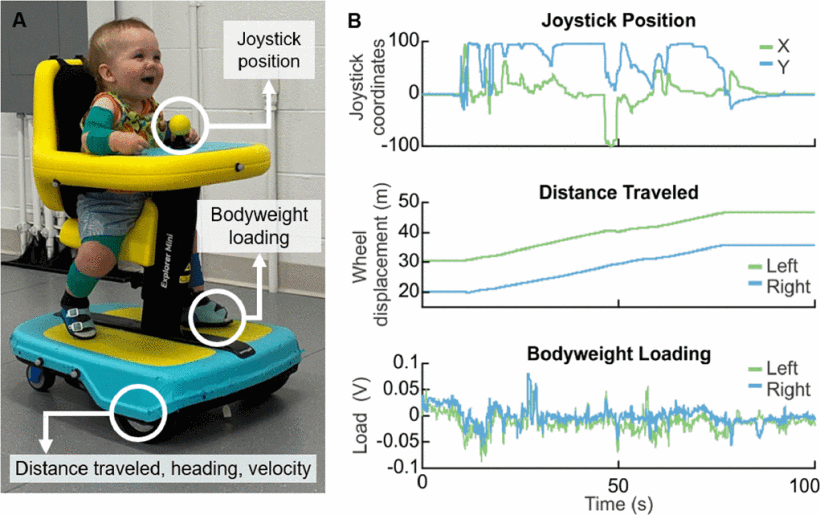 Aim: The Permobil Explorer Mini is currently the only commercially available, FDA-cleared pediatric powered mobility device in the United States designed for children ages 12–36 months. In this paper, we present an instrumented Explorer Mini that enables us to quantitatively analyze how young children with disabilities learn to use and interact with joystick-based technology.
Aim: The Permobil Explorer Mini is currently the only commercially available, FDA-cleared pediatric powered mobility device in the United States designed for children ages 12–36 months. In this paper, we present an instrumented Explorer Mini that enables us to quantitatively analyze how young children with disabilities learn to use and interact with joystick-based technology.
Methods: We discuss preliminary results from two studies conducted with two toddlers with motor disabilities using the instrumented Explorer Mini in different contexts: 1) during exploratory mobile play (i.e., driving) and 2) during interactive digital play (i.e., playing a simple computer game).
Results: In the first study, we found that, for a given 15–20 minute play session, participants drove between 11.3 and 65.6 m, and engaged with the joystick between 53 and 165 times. In the second study, we found that children could use the joystick to play a simple cause-and-effect computer game, but that they disproportionately used the ‘forward’ direction of the joystick, regardless of the direction of the displayed target.
Interpretation: The novel experimental platform, research framework, and preliminary data presented in this paper lay the foundation to study how children with disabilities learn to use and interact with joystick-based assistive technologies. This knowledge is critical to inform the design and advancement of developmentally appropriate technologies that equitably support toddlers in exploration, mobility, and play.
NL Zaino, KA Ingraham, ME Hoffman, HA Feldner, KM Steele (2024) “Quantifying toddler exploration in different postures with powered mobility”
Journal Article in Assistive Technology
Access to powered mobility can support play and development for toddlers with disabilities. Using powered mobility in a standing posture has been theorized to support development of muscle coordination, balance, head and trunk stability, and transition to ambulation.

Aim: The purpose of this study was to quantify and characterize joystick control, bodyweight support, and muscle activity while using the Permobil Explorer Mini in seated and supported standing postures.
Methods: Nine children with mobility disabilities participated in four visits where they completed two, 15–20 minute play sessions, one in each posture, with a break between.
Results: We found that all toddlers engaged with the joystick in both postures, with individual differences in favored directions and control patterns. Participants had similar loading through their feet in both postures, but had slightly higher muscle activity in standing, especially while driving.
Interpretation: These results demonstrate that young children with disabilities quickly engage with joystick-based powered mobility in seated and standing postures, with important individual differences that can inform future design of devices and interventions to support play and development.
Ally Clarke & Madeleine McCreary join the Steele Lab
We are excited to welcome two new PhD students, Ally Clarke and Madeleine McCreary, to the Steele Lab this fall.
Ally joins us after finishing her B.S. degree in biomedical engineering from Bucknell University. Ally is interested in studying neuromuscular biomechanics to increase accessibility for people with limited mobility. She is especially excited about the combination of experimental and computational methods to gain a comprehensive understanding of the neuromuscular system. Outside of the lab, Ally enjoys Running, hiking, crocheting, baking, and reading.
Madeleine joins us after finishing her B.S. degree in biomedical engineering, minor in electrical engineering from the University of Florida. Madeleine is interested in utilizing neuromodulation as a physical therapy tool for children with cerebral palsy. She is excited to learn how neuromodulation affects the central nervous system with repeated use and the impact it has on motor control. Outside of the lab, Madeleine enjoys fencing, cooking, tennis, hiking, and reading.
Welcome to the University of Washington, Ally & Madeleine!

Riley Bernas presents at the CNT 2024 Summer Undergraduate Research Symposium
This summer, the Steele Lab hosted undergraduate researcher, Riley Bernas, from the University of Connecticut. Riley was mentored by Mia Hoffman, Heather Feldner, and Kat Steele.
She finished up her 10-week summer Research Experience for Undergraduate (REU) by presenting at the 2024 Summer Undergraduate Research Symposium with the Center for Neurotechnology (CNT).
Riley gave a podium and poster presentation titled “Quantifying low-cost switch access play-kit usage in clinical settings: A first glance.“
Way to go, Riley!

